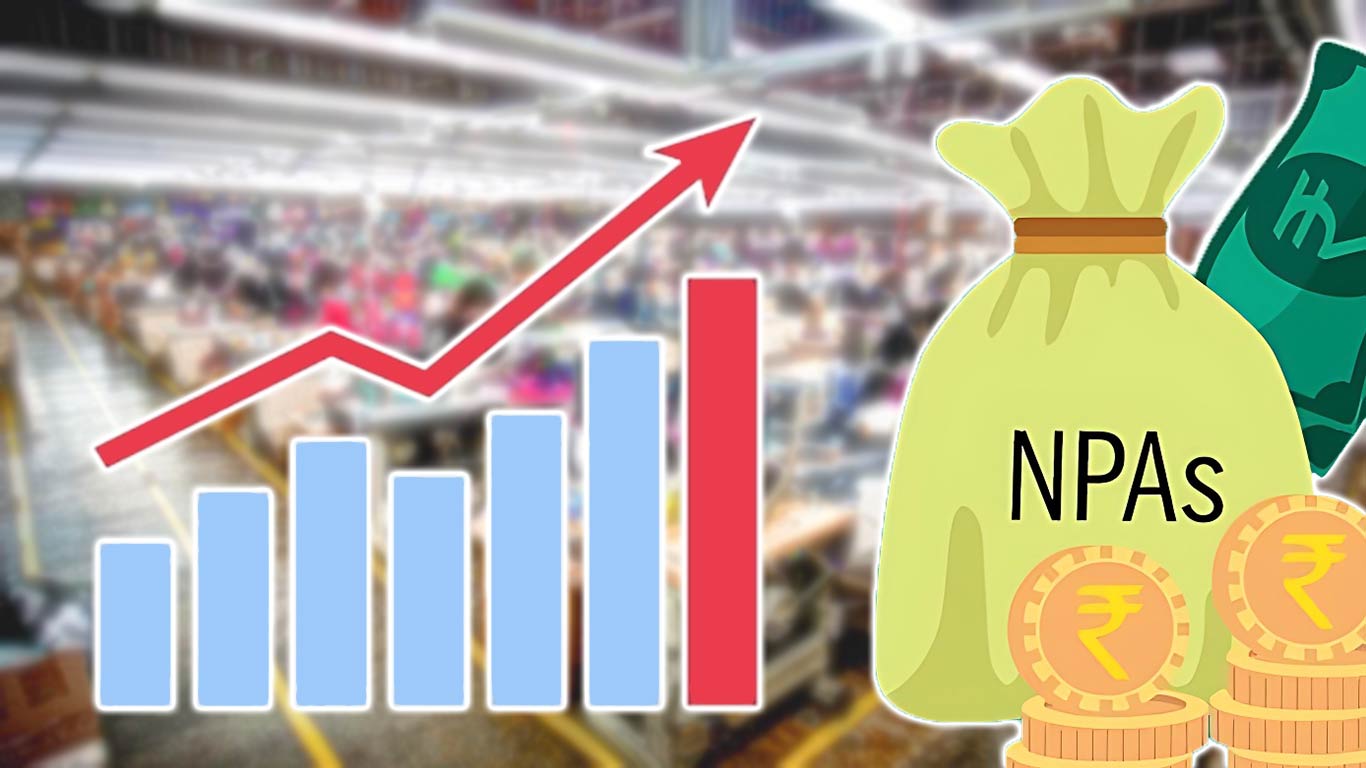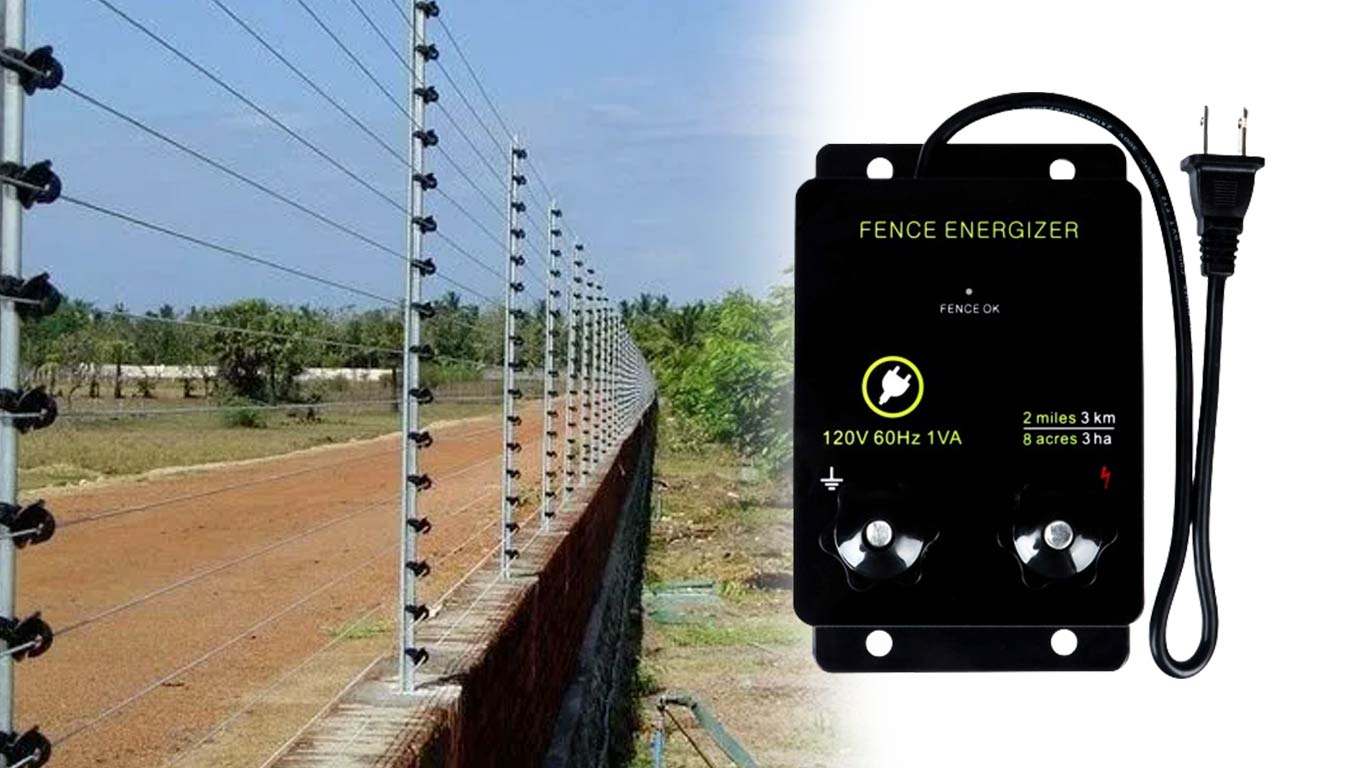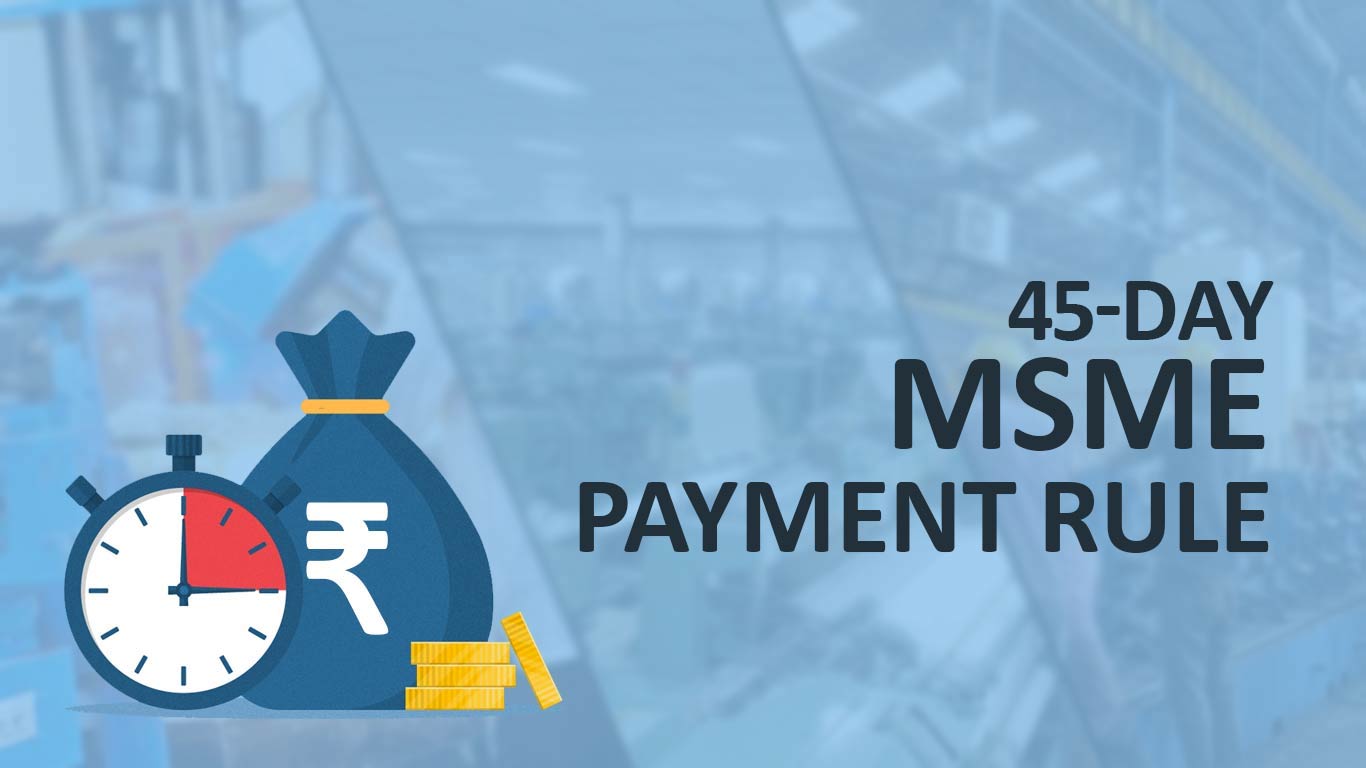Over 150 bicycle units shutdown in Ludhiana; cheap Chinese imports to blame
Updated: Nov 06, 2013 03:33:27pm

“As many as 2 to 2.5 lakh bicycles are being imported per month from China,” said Proprietor of R & R Bikes, Rajeev Jain who is also the General Secretary of United Cycle & Parts Manufacturers Association (UCPMA).
Approximately 40,000 - 50,000 cycles are manufactured per day are in Ludhiana alone. The city was home to over 1,500 factories making bicycles and components, providing employment to 0.25 million people.
However, “More than 150 units have shut down in Ludhiana alone with only 25 per cent of their production still on. Also, hundreds of labourers are jobless and hence they are migrating out of Ludhiana,” Jain added.
Significantly, even big bicycle brands have started opting for Chinese parts, which is a major worry for the local parts’ manufacturers.
“The cycle makers are now importing components from China to save on their costs. Paddle axil, pump industry, brake cable, spokes, baskets, hub cones, chains, chain wheels and cranks, steel balls, plastic handle levers, saddle parts, all are being imported from there. To make things worse our exports have almost stopped,” Jain said.
The association will have a meeting with the Deputy Chief Minister of the State Sukhbir Singh Badal on November-15, to discuss their issues about over taxation, increasing imports, and non-availability of labourers.
The Indian bicycle industry has a major cost disadvantage. China has an advantage over India in terms of cost of capital, cost of power, duty drawback and freight subsidy. Chinese cycle prices, as a result, are at least 15 per cent lower than those of Indian cycles.
UCPMA also expressed concern about the acute labour shortage in the industry due to migration.
“There is almost 30 per cent shortage of labour in the industry due to increasing migration,” said President of UCPMA, Gurmeet Singh Kullar, who is also the Managing Director of Kullar International here.
“Along with the high end bicycles, rodeo, standard and fancy cycles are imported from China. The components like spokes, steel balls, baskets, brake cable, pump, and wheels are 100 per cent imported from China,” Kullar said.
“The total imports of bicycles and bicycle components have increased to Rs 800 crore per month from China and the industry is facing a loss of Rs 450 crore per year,” President of UCPMA added.
According to the association, China produces 1.3 crore cycles per year, while India produces 10 crore cycles per year. “We are signing a Memorandum of Understanding with the Chinese Bicycle Industry Delegation in December this year for the exchange of technology for manufacturing bicycles and components,” Kullar said.
“We will teach China, the technology of manufacturing tyres and tubes, and learn their technology in return,” he said.
The Central government concerned over the impact of Chinese imports on the cycle and parts manufacturing industry in Ludhiana, would shortly conduct a survey on the issue, to assess the loss in sales of bicycles and their parts manufactured in India.
India is the world’s second largest bicycle manufacturer after China, the size of the Indian bicycle industry worth USD 1.2 billion. The country’s annual production of bicycle stands at 15 million units.
On the other hand, the global bicycles market is worth USD 61 billion. As many as 130 million bicycles are sold every year globally and 66 per cent of them are made in China. China is believed to be producing two out of every three bicycles made globally.
Ludhiana is the hub for bicycle manufacturing in India. Big players in this business have the license to manufacture both bicycle frames and components, while small-scale manufacturers dominate the components market that includes pedals, chains, carriers, nuts and bolts, levers, tires and tubes, spokes, axles and mudguards.
Bicycle is the most important mode of transport in rural India. Concerned about the decreasing exports, increasing imports and dying units, the industry is constantly demanding better tax regimes, export incentives, higher duty drawback, and import duty. (KNN/SD)











